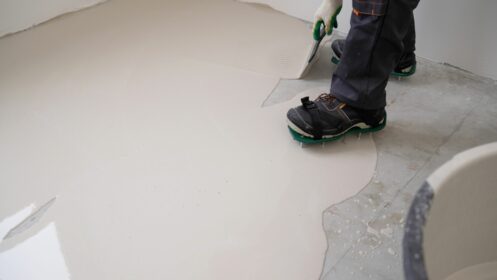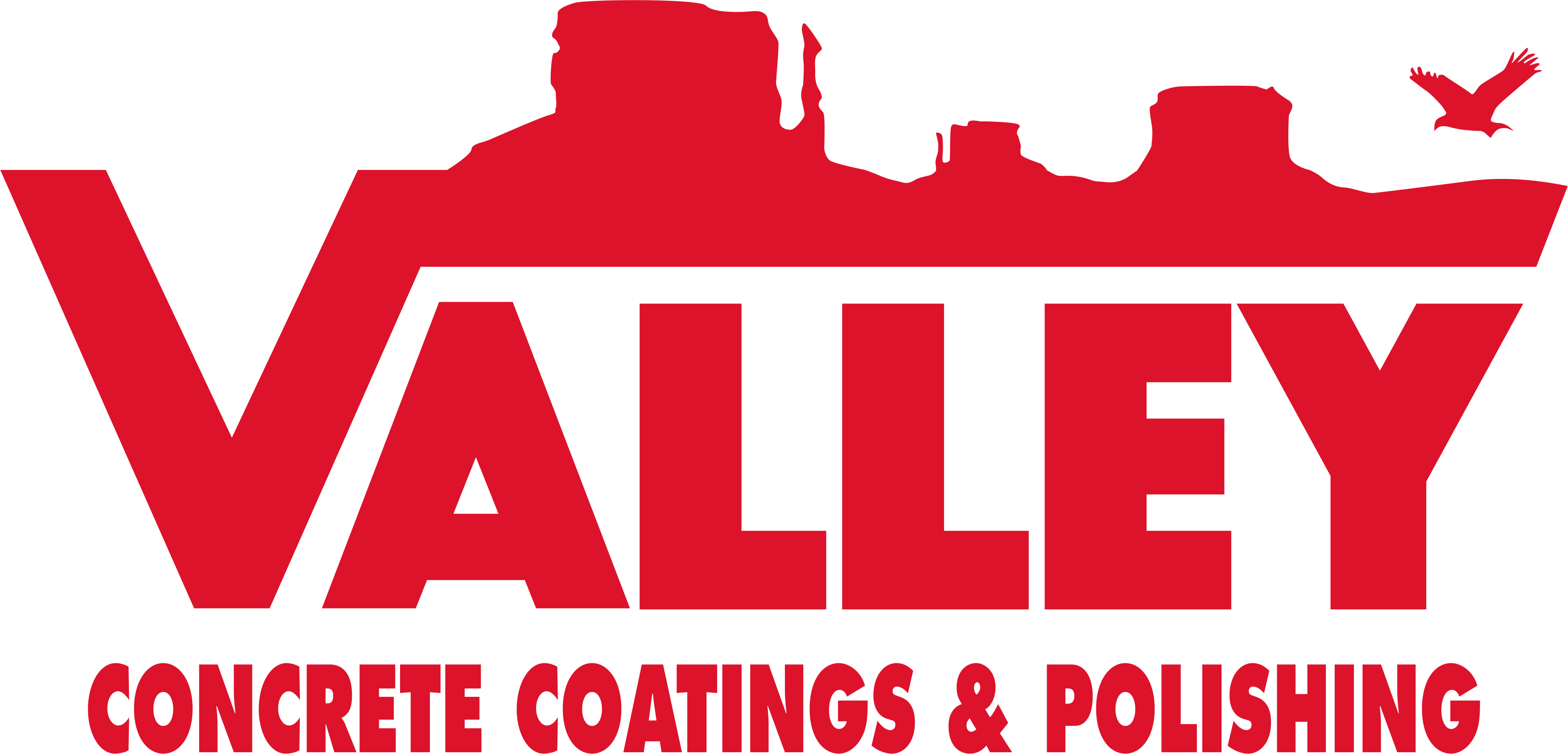
Epoxy flooring has become a popular choice for homeowners and businesses alike, thanks to its durability, sleek appearance, and ease of maintenance. However, whether you’re contemplating it for your garage, basement, or industrial space, it’s critical to assess the advantages and downsides before making a decision.
What is Epoxy Flooring?
Epoxy flooring is a coating applied to a concrete surface to create a rigid, durable, and seamless finish. It consists of a resin and a hardener that, when mixed, chemically bond to form a tough surface resistant to wear, moisture, stains, and chemicals.
The secret to epoxy coating’s durability is epoxide polymers, which are engineered to create strong cross-links during the chemical reaction with the hardener. These polymers also bond to the concrete itself. Concrete’s naturally rough texture and micro-pores allow the epoxy to penetrate its surface, forming a mechanical grip in addition to the chemical adhesion.
This integration ensures the epoxy coating becomes part of the concrete substrate, resulting in a highly durable and resilient surface that resists peeling, impact, and environmental factors. It is ideal for areas like garages, warehouses, or basements where you need something substantial and low maintenance.
The Benefits of Epoxy Flooring
There’s a reason why so many homeowners and businesses are turning to epoxy flooring: it offers a range of impressive benefits. Let’s take a look at some of its most significant advantages.
Durability
One of the advantages of epoxy flooring is its exceptional durability. Epoxy can endure high foot traffic and even impacts from dropped tools without cracking or chipping because manufacturers design it for heavy use. This makes it ideal for workshops, showrooms, and other high-activity areas.
In garages, epoxy flooring excels at handling challenges like the weight and motion of vehicles and hot tire marks. Hot tire marks happen when car or truck tires become hot from driving before being parked on a concrete surface. The heat softens many flooring materials, and the weight of the car pressing down can cause the tires to leave discoloration. Epoxy’s heat-resistant properties prevent this type of damage, keeping garage floors looking clean.
Longevity
Epoxy flooring can last for ten years or more with minimal maintenance, making it a durable option for areas with a lot of foot traffic and other activities. Even paint designed for concrete tends to chip or peel, and polyurethane coatings wear down quickly. However, epoxy coating stands up to the test of time, making it a solid investment.
Easy to Maintain
Epoxy flooring is exceptionally easy to maintain due to its seamless, non-porous surface. Dirt, dust, and spills have nowhere to hide, making cleanup quick and simple. Regular sweeping and occasional mopping with a mild detergent is all that’s needed to keep the floor looking like new. This makes epoxy an ideal choice for areas like garages or basements where you don’t want to spend too much time on upkeep.
Additionally, the non-porous surface prevents liquids like water, oils, or chemicals from being absorbed, allowing them to sit on the surface until cleaned up. This makes epoxy especially practical for garage floors, where oil spills and grease drips from vehicles are an everyday occurrence.
Customizable
Epoxy flooring is not only functional but also offers the opportunity to enhance the look of your space. Epoxy is available in a wide range of colors and styles including metallic, reflective, and more. Epoxy allows you to customize the floor to suit your aesthetic preferences. Whether you prefer a glossy or matte finish, solid colors, or even a decorative marble effect, there are options for different types of epoxy flooring to achieve the desired look.
Epoxy’s versatility makes it an excellent choice for both residential and commercial spaces. Additionally, you can incorporate materials like sand or quartz to create a slip-resistant surface, adding an extra layer of safety for areas where traction is essential.
Drawbacks of Epoxy Flooring
While epoxy flooring offers a range of benefits, it’s important to consider the potential downsides before making your decision. Here are some of the disadvantages of epoxy flooring that you should be aware of.
Application Complexity
Unlike other coatings, epoxy requires a precise and thorough process that professionals with the right tools and experience should handle. One of the challenges of epoxy installation is ensuring the concrete surface is prepared correctly.
Before a professional can apply the epoxy, they need to clean the concrete to remove dirt, oils, and other contaminants that could prevent proper adhesion. Any cracks, holes, or imperfections in the floor also need to be repaired to create a smooth, even surface. Additionally, the concrete may require a primer to improve bonding and ensure the epoxy adheres effectively. If these steps are not completed correctly, the epoxy may not bond properly, leading to issues like peeling, bubbling, or splitting.
Factors such as temperature and humidity also play a role in the curing process, making it even more important to have the work done by a professional. Proper installation ensures that your epoxy floor will be durable, functional, and long-lasting but is labor-intensive.
Cure Time
Epoxy requires time to cure, so you can’t walk on the floor immediately after a professional completes the project. Depending on environmental conditions, the curing process can take anywhere from 24 to 72 hours. This means you’ll need to plan accordingly and may have to avoid using the space for several days.
Cost
Coating a cement floor with epoxy can be more expensive upfront compared to other options, mainly because it requires a professional to do the job right. While the long-term benefits can make up for the higher initial cost, it’s something to keep in mind.
Vulnerability to Sunlight
One common issue with epoxy flooring, particularly lighter-colored options, is yellowing over time, especially in areas exposed to direct sunlight. While this discoloration doesn’t affect the structural integrity of the coating, it can detract from its appearance.
To combat this, many manufacturers offer UV-resistant epoxy coatings designed to reduce or prevent yellowing. However, these coatings can increase the project’s cost, and their effectiveness may vary depending on the environment. For instance, if your garage has windows that let in a lot of sunlight and you are concerned about the floor’s appearance, there may be better choices than epoxy coating.
Not Suitable For All Types of Floors
While epoxy flooring is highly effective on concrete, it’s not compatible with all surfaces. For instance, epoxy does not bond well with wood, laminate, or vinyl floors, so they are unsuitable for epoxy applications.
Additionally, concrete floors that have significant damage or are uneven pose challenges for epoxy coating. In these cases, repairs or surface leveling will be necessary before applying the epoxy, which could increase both the time and cost of the project. If you’re seeking a quick and simple flooring solution, it may be best to find an alternative.
Contact Your Local Concrete Coating Company
At Valley Concrete Coatings & Polishing, we have served the residents of Phoenix, AZ and the surrounding areas for years. We offer epoxy and polyaspartic floor coating solutions for home and business owners. Additionally, we can take care of all your concrete flooring needs including staining, polishing, repair, and more. Contact us today to schedule an appointment with one of our experienced team members.










